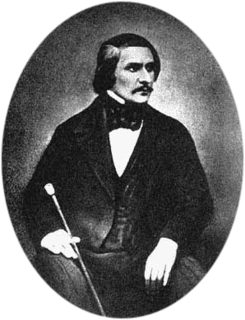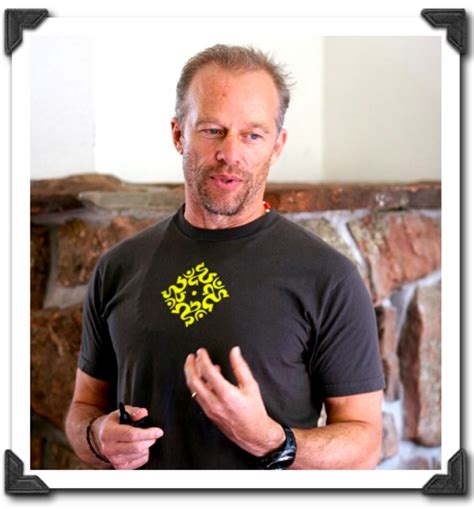A Quote by Aristotle
Young men have strong passions and tend to gratify them indiscriminately. Of the bodily desires, it is the sexual by which they are most swayed and in which they show absence of control...They are changeable and fickle in their desires which are violent while they last, but quickly over: their impulses are keen but not deep rooted.
Related Quotes
Sin is one thing but instinctive reaction or passion is another. These are our reactions: pride, anger, sexual indulgence, hate, greed, and so on. The corresponding sins are the gratification of these passions: when a man acts and brings into corporeal reality those works which were suggested to him by his desires. It is impossible to exist without desires arising, but not to give way to them is by no means impossible.
What is it, in your opinion, to be a great nobleman? It is to be master of several objects that men covet, and thus to be able to satisfy the wants and the desires of many. It is these
wants and these desires that attract them towards you, and that make them submit to you: were it not for these, they would not even look at you; but they hope, by these services... to obtain
from you some part of the good which they desire, and of which they see that you have the disposal.
Never yet did there exist a full faith in the Divine Word (by whom light as well as immortality was brought into the world) which did not expand the intellect, while it purified the heart--which did not multiply the aims and objects of the understanding, while it fixed and simplified those of the desires and passions.
All laws which can be violated without doing any one any injury are laughed at. Nay, so far are they from doing anything to control the desires and passions of men? that, on the contrary, they direct and incite men's thoughts the more toward those very objects, for we always strive toward what is forbidden and desire the things we are not allowed to have. And men of leisure are never deficient in the ingenuity needed to enable them to outwit laws framed to regulate things which cannot be entirely forbidden... He who tries to determine everything by law will foment crime rather than lessen it.
The Savior desires to save us from our inadequacies as well as our sins. Inadequacy is not the same as being sinful - we have far more control over the choice to sin than we may have over our innate capacity. . . . A sense of falling short or falling down is not only natural but essential to the mortal experience. Still, after all we can do, the Atonement can fill that which is empty, straighten our bent parts, and make strong that which is weak.
Man must learn to believe in that which he does not, at the moment, see in order to grant himself that which he desires to have. Man's prayers are always answered, for he always receives that which he believes. The law that governs prayer is impersonal. Belief is the condition necessary to realize the desire. No amount of pleas or ritual will bring about the fulfillment of your desires other than the belief that you are or have that which you want.
When desire, having rejected reason and overpowered judgment which leads to right, is set in the direction of the pleasure which beauty can inspire, and when again under the influence of its kindred desires it is moved with violent motion towards the beauty of corporeal forms, it acquires a surname from this very violent motion, and is called love.
Being able to recognize which of your desires are vital to pursue and which ones are not is often less than easy. This is precisely why the ancient sages counseled that we practice yoga. Their point was a very practical one: You are best able to discern which of your many desires should (and should not) be responded to when your mind is calm and tranquil.









































